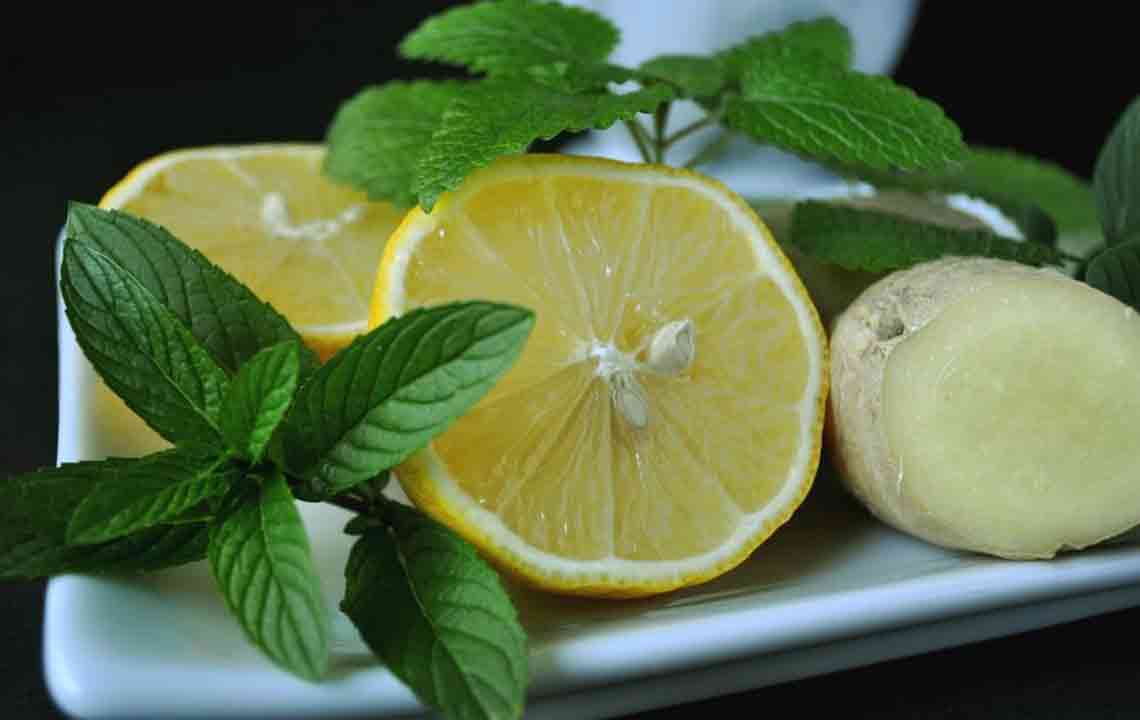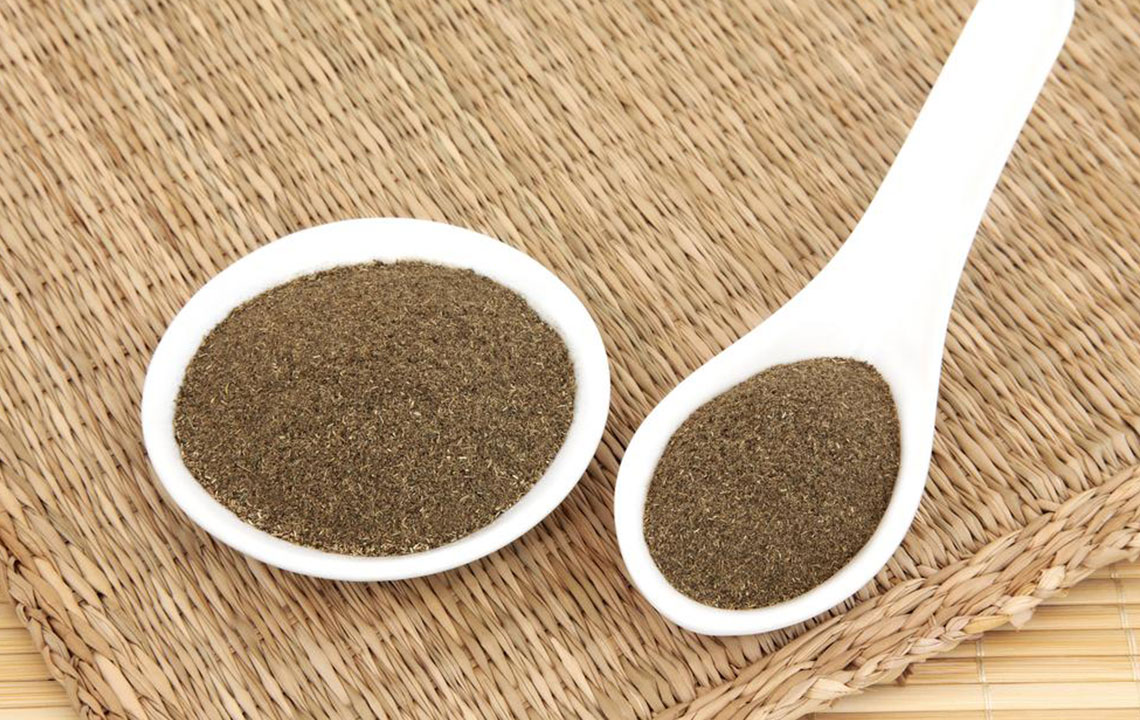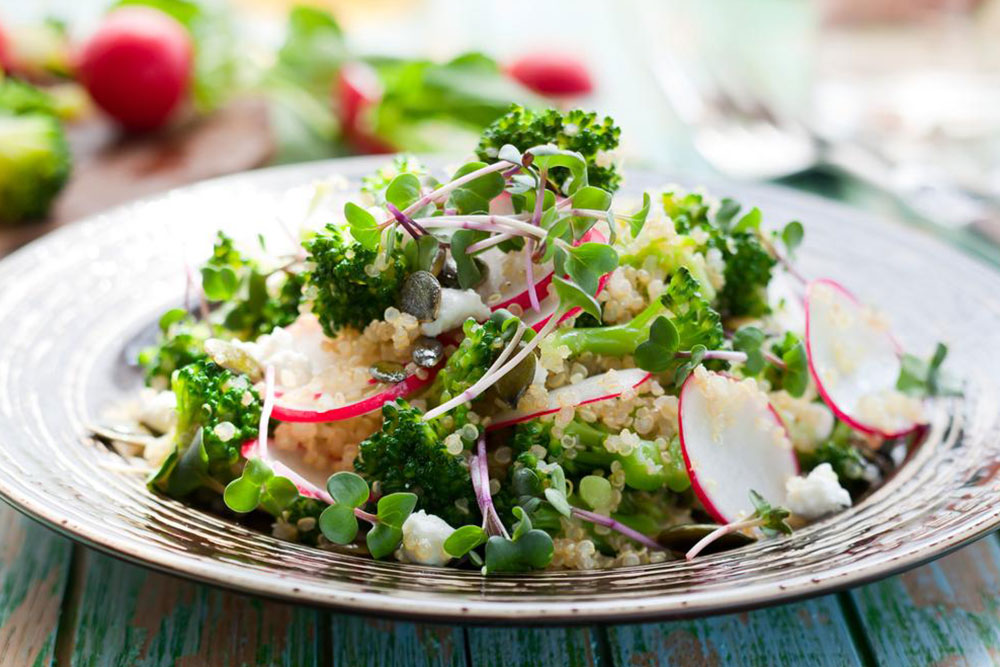Ultimate Guide to Natural Remedies for Reducing Bloating Quickly and Effectively
This comprehensive guide explores natural and effective methods to relieve bloating, including herbal teas, dietary tips, and lifestyle changes. Incorporating these remedies can reduce discomfort and improve digestive health naturally. If symptoms persist, consulting a healthcare professional is recommended for proper diagnosis and treatment.

Natural Strategies for Relieving Bloating
Bloating is a common gastrointestinal issue characterized by a swollen, tight feeling in the abdomen. It often occurs due to excess gas accumulation within the intestines, leading to discomfort and various other symptoms such as burping, abdominal pain, diarrhea, shortness of breath, and back pain. Many individuals seek safe, natural solutions to alleviate these symptoms without resorting to medication. Thankfully, there is a wide range of natural remedies that can help reduce bloating effectively. By incorporating these strategies into your daily routine, you can experience significant relief from stomach distention and discomfort.
In this comprehensive guide, we will explore proven natural methods to combat bloating. These remedies are known for their effectiveness, safety, and accessibility. Whether you prefer herbal teas, dietary adjustments, or specific lifestyle changes, there are options suitable for everyone. Let’s delve into the most effective natural treatments that can help you regain comfort and digestive health.
Peppermint Tea
One of the most popular natural remedies for bloating, peppermint tea contains menthol, a compound renowned for its soothing and antispasmodic properties. Menthol relaxes the muscles in the gastrointestinal tract, which helps to facilitate the release of trapped gas and reduce the feeling of fullness and pressure in the abdomen. Drinking a cup of warm peppermint tea after meals can prevent gas buildup and promote smoother digestion, leading to noticeable improvements in bloating symptoms.
Ginger
Ginger has been used for centuries as a natural digestive aid and anti-inflammatory agent. It contains bioactive compounds like gingerol and shogaol, which help calm inflammation in the digestive system, stimulate proper digestion, and promote gastric motility. Incorporating fresh ginger into your diet—be it through teas, smoothies, or meals—can significantly reduce bloating discomfort and support overall gut health. Ginger also helps alleviate nausea associated with indigestion, offering dual benefits for digestive wellness.
Chamomile Infusion
Chamomile is known for its calming and antispasmodic effects. Its gentle properties make it an excellent remedy when peppermint alone doesn’t fully alleviate bloating caused by indigestion or acid reflux. Chamomile contains compounds that relax the muscle tissue in the intestines and reduce the formation of excessive gas. Drinking chamomile tea regularly can soothe irritated digestive tracts, ease cramping, and help expel trapped gas, providing relief from bloating and associated discomfort.
Eating Pumpkin
Despite its sweet taste, pumpkin is highly beneficial for digestive health owing to its high fiber content and easy digestibility. Fiber adds bulk to stool, which helps improve regularity and prevents constipation—a common cause of bloating. Additionally, pumpkin contains minimal fermentable fibers, reducing gas production compared to other high-fiber foods like beans. Including pumpkin in your meals or snacks can help prevent excessive intestinal gas and aid in maintaining a healthy digestive rhythm.
Activated Charcoal
Activated charcoal is a porous substance capable of trapping toxins, gases, and impurities in the gastrointestinal tract. It acts like a sponge, adsorbing excess gases that cause bloating and discomfort. Taking activated charcoal supplements or capsules after meals can help reduce bloating caused by indigestion or overconsumption of fermentable foods. However, it’s important to consult a healthcare provider before use, especially if you are on medications, to prevent possible interactions.
Proper Chewing Habits
One of the simplest yet most effective ways to prevent bloating is to chew food thoroughly. Proper mastication breaks down food into smaller particles, speeding up digestion and minimizing the amount of gas produced during the process. Slow eating and mindful chewing not only enhance nutrient absorption but also help prevent air swallowing, which can contribute to bloating. Developing good chewing habits can significantly improve digestion and reduce stomach discomfort.
Warm Lemon Water
Starting your day with warm lemon water can stimulate your digestive system and promote detoxification. The natural acidity of lemon helps break down food more efficiently, supporting smoother digestion and preventing bloating. Lemon water also encourages the production of digestive enzymes, aiding in the breakdown of fats and carbohydrates. Regular consumption can help regulate bowel movements and reduce discomfort caused by indigestion and gas buildup.
Bananas
Bananas are rich in dietary fiber and potassium, an essential mineral that helps regulate fluid balance and prevent water retention, a common contributor to bloating. The fibers in bananas assist in alleviating constipation, thereby reducing gas and pressure in the abdomen. Including bananas in your daily diet—whether as a snack, smoothie ingredient, or salad addition—can contribute significantly to digestive harmony and natural bloating relief.
Anise Seed
Anise seed is a traditional remedy known for its ability to relax gastrointestinal muscles and promote gas expulsion. Its antispasmodic and carminative properties help soothe cramping, reduce gas formation, and alleviate bloating. Drinking anise tea or chewing on crushed anise seeds can offer quick relief from uncomfortable gas and stomach distention. This natural remedy is especially helpful after heavy meals or when experiencing bloating due to indigestion.
While these natural remedies are highly effective for most individuals, persistent bloating that does not respond to these strategies may indicate underlying health conditions that require medical attention. If you experience severe pain, sudden weight loss, blood in stool, or ongoing gastrointestinal issues, it’s important to consult a healthcare professional promptly. Natural remedies should be used as complementary measures alongside proper diet, hydration, and lifestyle habits for optimal digestive health.





